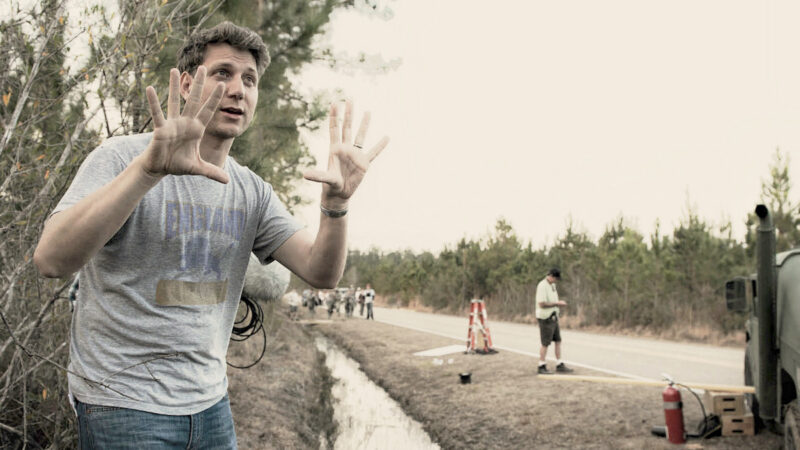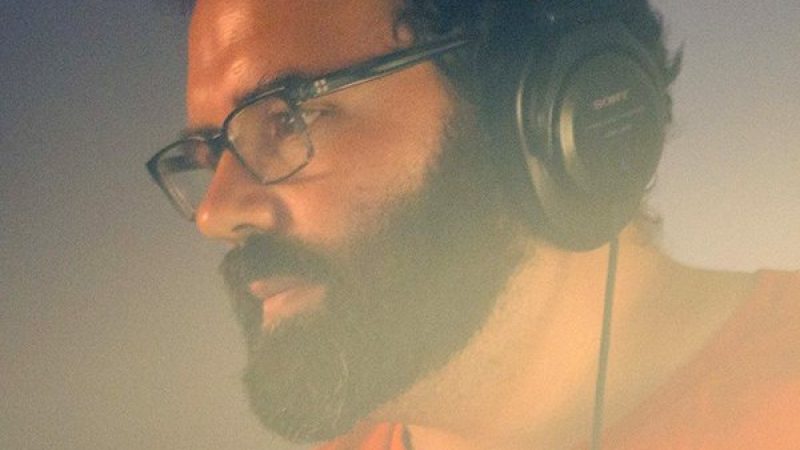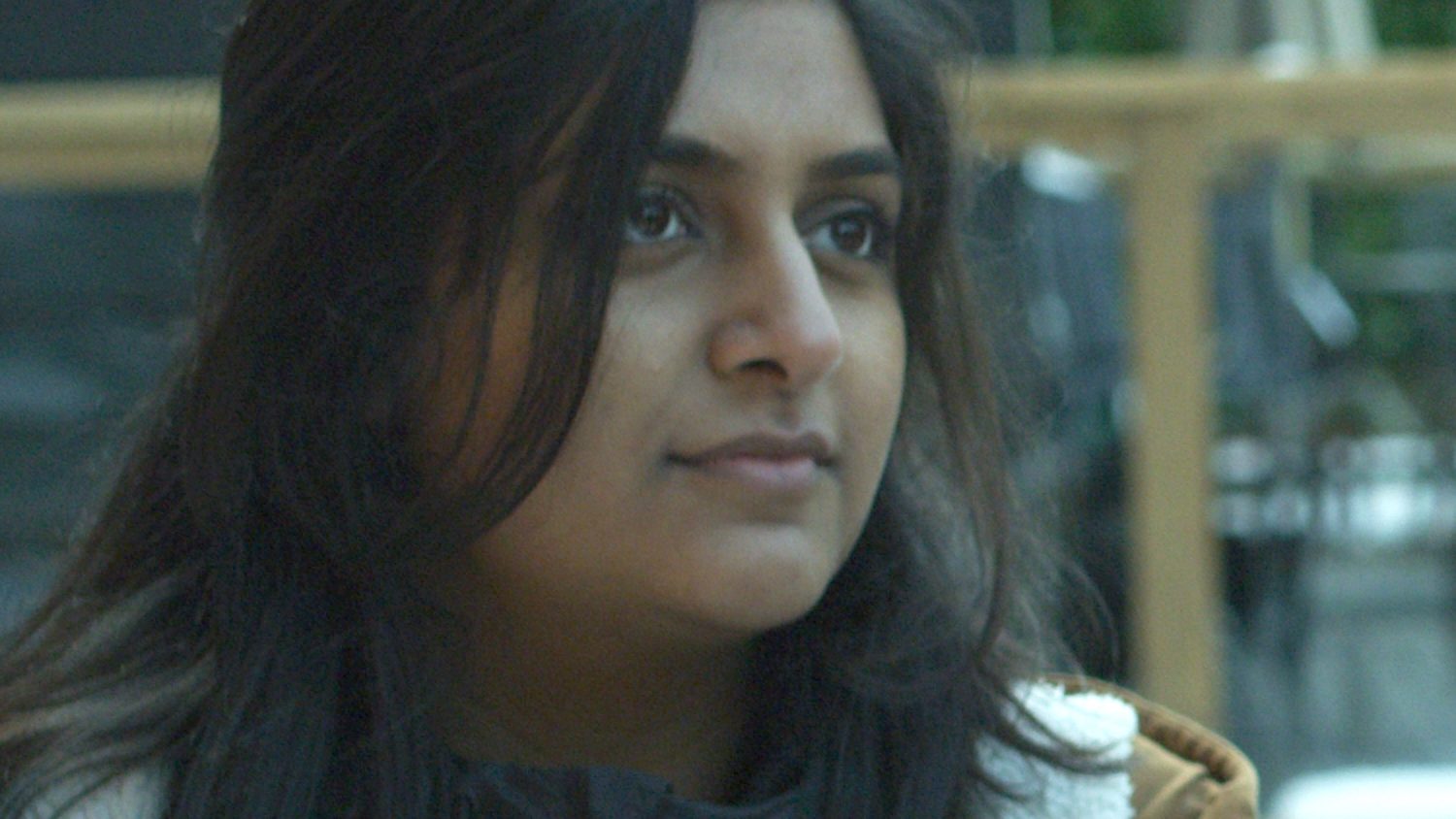
I’ve always loved acting and performing as a kid but I never thought it was something I was ever going to pursue just beyond fun. When I was in Grade 10, a movie of the week came to my town to shoot and I ended up being an extra for it. After one day on set, I knew making stories was what I wanted to do. From there on, I kept acting in high school and community theatre. After graduation, I moved to Vancouver and attended Vancouver Acting School.
What acting technique do you use?
Kiran Madahar (KM): For Friends Like These, I used sense memory to get into each scene and my character in it. I like to live in the scene and in the character and visceral feeling, each sensation as I would in my everyday life helps to meld together who I am and who my character is. I feel giving a written character your own sense memory breathes life into the character and helps ground them into our world as a human being with an entire life on and off the paper.
How did you get connected to the project?
KM: This I had met the casting director for this project before and she had kept me in mind. When this film came along, she believed I would make a good fit for the role of Izzy so she brought me in for an audition.
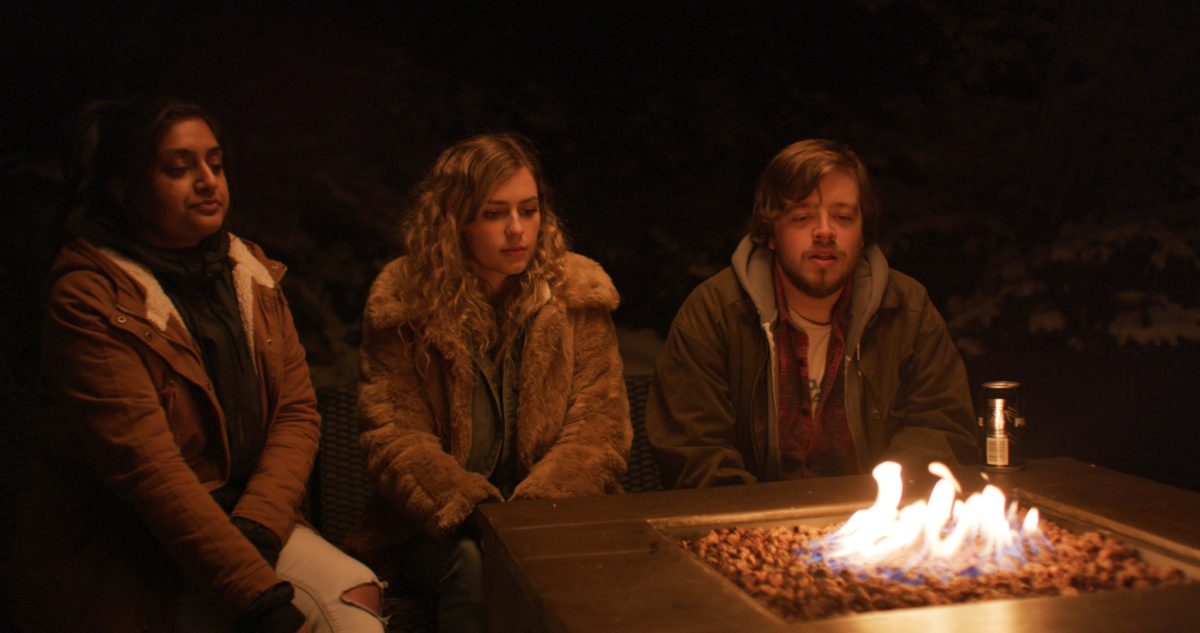
Let’s take this project you did; how did you prepare for such a role: the cast, the physicality, the terrain, the climate, weather, and the demands of the project?
KM: Due to the last minute switches that had to take place, we actually didn’t get much time to prepare the script beforehand. So, breaking down the script happened in rehearsal and right before each scene was shot. I also chose to liken each character to people in my life. My two on-screen best friends carried the image of my best friends for me throughout filming.
As one of the cast on the project, how did this ‘choice’ work for you?
KM: Because the film is about the relationship of three best friends, having our on-set run throughs be only our third or so run through of each scene turned out to actually be lovely for having our characters come to life with each other. The actors and characters were able to have shared experiences and stumbles together. That plus having my own best friends in mind I think helped the on-screen friendships grow.
How do you create the character from a script into a person?
KM: Our main set, the Airbnb on the island, doubled as our living space while we were on Bowen Island which helped to create the entire world our characters lived in. Where the characters ate, slept, and showered was where we did. The empty coffee cups and jackets in the scene were ours. At one point our DP, who’d only met Jill and I on set, joked that he didn’t actually know where June and Izzy started or began.
What part of the story challenged you when you read it? What drove you to get on the project?
KM: The fact that the whole film relied on the relationship of these three friends and how even after they’d known each other for so many years, knew each other’s insecurities and embarrassing moments, they could still have things come into their lives that rocked their established relationships. With running or avoiding being the simpler choice, these three friends have to fight for their friendship and work on finding solid ground again.
Explain one creative choice you took on the set of this production?
KM: It felt right to have Izzy’s confidence and walls drop while she and Sal talk over breakfast after their two-and-a-half-some. Izzy is a very forthright and self-assured person, so to have her confidence in her actions thin out when talking to her friend felt true to her character. Even a strong person like Izzy can feel unsolid and questioning when traversing new ground in an old relationship.
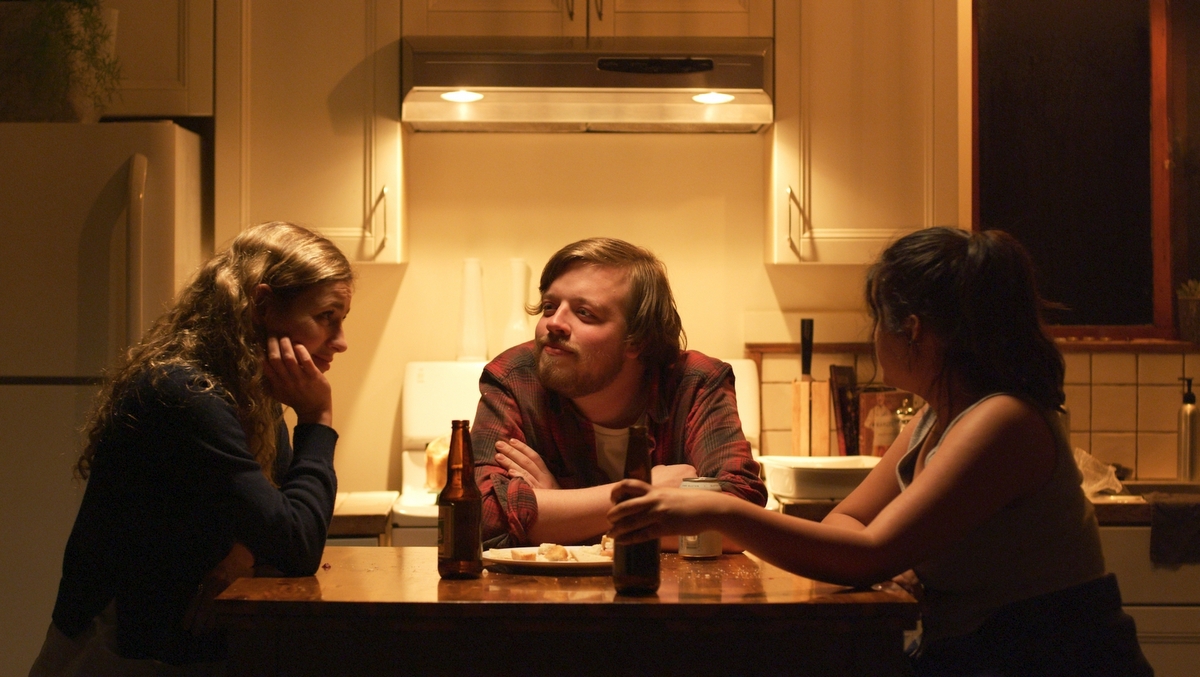
You’re not new to indie films. What do you enjoy about the work that keeps you working?
KM: The collaboration in indie films is something that is always missed when you go without. It felt as if we gave life to the film together, we created these characters together. We were allowed to live in our characters and if a line of action felt off from the character we were personifying, we could express that. Another thing I love about indie films is the ‘we’ll find a way’ attitude. Nothing stops an indie film that’s determined enough and to be on a set where the cast and crew will do whatever they can for the story is always a gift.
Give an example of a direction you received from the director during the production?
KM: In the where the friends are playing cards on the table the night after the sex, Zoran’s directions really helped on drawing out and bringing forth the awkwardness in the scene. With June attempting to initiate sex, the uncomfortable feeling needs to dominate and with our director’s help it was not overshadowed.
How did you collaborate with your cast members from scene to scene?
KM: We each really worked off each other and tried to learn about each other as much as we could with each scene and each day. We really wanted to build a friendship between us that covered years instead of days, one that saw beyond the hear and now but lived in the stories we shared with each other.
As the main cast of the film, describe the feeling of responsibility that you shouldered. Were you scared? Or did it fire you up? What scenes were difficult to shoot?
KM: I think it fired me up. The responsibility meant that I had to work hard not just for myself but for the cast, crew, and story. Even when we were outside at night in the freezing cold, whether it was fighting or dancing, I had to experience the pain and have as much fun as I could, essentially to leave it all on the court.
What did you take away from the film production?
KM: That part of each character lives in us already, building and highlighting that part is the connection of our world to the characters. And that passion will get an entire cast and crew to work all day and night to shoot a feature film in under a week and a half.
What do you like most about the director and his/her collaboration with his/her team?
KM: I appreciated Zoran’s honesty the most. He was never beating around the bush to give us a direction, he told us plain and simple and for that, I believe, we could cut to the core direction. Even after the shooting was done, he talked to me about my work on set and even in the audition room, making me more aware of myself.
What is next for you?
KM: I actually did an editing internship at Intersections after we made Friends Like These, so now with COVID-19 and isolation, I’ve been working on some writing and am making plans to make another animation soon.
What advice do you give actors regarding what you learned on the project?
KM: Never half-ass it and hold back. Your character has a life that deserves a living, make sure you do it justice, and live a full life for them before the camera stops rolling.
Tell us what you think of the interview with “Kiran Madahar, Lead on “Friends Like These” Walks You Through her Craft“. What do you think of it? What ideas did you get? Do you have any suggestions? Or did it help you? Lets have your comments below and/or on Facebook or Instagram! Or join me on Twitter @oladapobamidele
Follow Kiran Madahar on Social Media
Website
IMDb
Facebook
Twitter
Instagram
MORE STORIES FOR YOU
The Key Facts Behind How Jeff Nichols Made The Indie Hit MUD
Jeff Nichols gives himself directorial challenges to master on every project.
In Conversation with Michael Oblowitz Director of Confidential Informant
Confidential Informant stars Mel Gibson, Dominic Purcell, and Kate Bosworth

